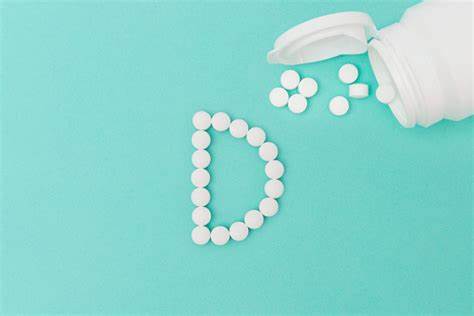It’s been a long time since I’ve posted. I had planned to use some of my lockdown down-time to write about health and wellness during the Covid-19 crisis. I had also planned to work on new recipe ideas. But between being out of China for a period of time, a brief self-imposed quarantine with my 2 year old upon returning to Shanghai, working on a master degree, and finishing out the last few months of my 3 year contract with United Family Hospital, I simply wasn’t in the mood to write for fun. But now I’m back and feeling excited for what is next, especially because I have a new plant based online consulting project, which I will talk about in a future post.

I’ll restart with something practical and essential – vitamin D! Many of us may be at risk of not getting enough of this sunshine vitamin if we’re confined to our homes. Vitamin D deficiency can affect our mood, amongst other symptoms, including bone pain & muscle weakness. Additionally, research has found that vitamin D plays an important role in the immune system. We have been out of corona lockdown in Shanghai for a while now but with the rainy season, many of us still may not be getting enough. Furthermore, some health conditions such as IBD may increase the need for vitamin D.
Here’s the science! Vitamin D comes in two forms which are Vitamin D2 (ergocalciferol) and vitamin D3 (cholecalciferol) both of which are metabolized in the liver to 25(OH)D (calcifediol) and then converted in the kidneys to 25(OH)2D ( calcitriol) otherwise known as the active form. That’s a lot of science in one sentence but it’s worth understanding how vitamin D2 and D3 form the same compound. However, research has found that Vitamin D3 may be able to produce more 25(OH)D than vitamin D2 so it’s better at raising and sustaining serum levels. That said, there is a wide range of intake levels recommended by different health authorities and testing isn’t very reliable. Therefore, if you chose to take supplements, getting the required amount of any vitamin D supplement can be even more important than the type you’re getting.
So where to get your vitamin D? Sunshine! If you’re not currently deficient, the sun is the best source. What to do if every day is rainy and you have sworn yourself to staying indoors? Food and supplements can help, although there are few good food sources. A daily multivitamin contains vitamin D (D2 or D3). Some animal foods (D3), plant foods (D2), and fortified dairy and plant-based milks (D2) also contain vitamin D. Animal foods with vitamin D include salmon, beef liver, eggs (yolk part). Plant foods include some varieties of sun exposed mushrooms such as button mushrooms. As someone who chooses a plant-based lifestyle and spends time outdoors, I prefer to take a daily multivitamin as my “insurance policy”.
Until the next time, Eat Well Shanghai!
Jessica W.
